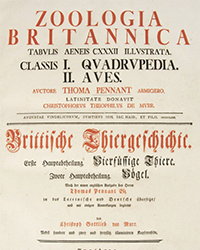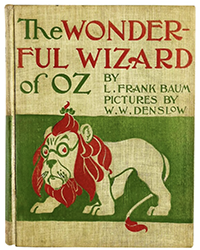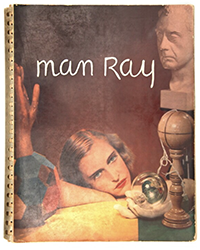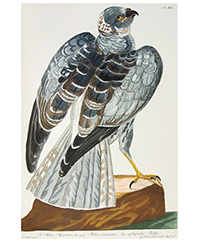Rare Book Monthly
Libraries on the Brink: A topic at the Anarchist Book Fair
By Bruce McKinney
This is both a written story and an 11 minute video (hi) or video (lo). Links to the film are also provided at the end of this 1,498 word article.
Dictionary.com provides this definition of anarchist: a person who promotes disorder or excites revolt against any established rule, law, or custom. So what would the Anarchist Book Fair be? To learn we rented a space and took along our filming gear. The plan was to videotape responses to a question about book collecting but we quickly adjusted the focus to: Libraries, how do they evolve to survive and prosper to the next generation? This show, it turns out, is all about content, quite different from book fairs that are primarily about books as objects. To the question where is the new book collector the answer at this show, and we filmed 20 interviews to confirm it, is they are busy browsing book stores for something good to read. They tend to own books rather than to borrow them from libraries and speak of their libraries with personal satisfaction. They tend to view the entire subject of "books as objects" as really? To them an important book is one you feel the need to read several times. To the question "where is the new book collector" they thought the question too obvious to warrant an answer so I instead asked them about the future of libraries and hit an artery.
The fair was held in Golden Gate Park in San Francisco inside a serviceable building that probably was new in the 1930s. The organizers explained that large crowds were expected as this has been their experience. We were not prepared for the kind of crowd or the fact that no one left.
Anyone who says America is reading less or that intelligence is on the decline would have got a wake up call here. Perhaps fifty exhibitors provided a combination of free material and items for sale. Nothing seemed terribly expensive and neither those manning the booths nor those milling seemed in a hurry. It felt more like a reunion of readers, all happy to see the skill is alive and prized by thousands like themselves. We participated only on Saturday but from the busy start at 10:00 am all the way to the official close at 6:00 the place was not only busy. It was alive.
Those we interviewed tended to be under 30 and over 50, the crowd in between somewhere else. They were, in the main, young; the fabled younger audience book dealers speak of but rarely see. It turns out they exist in substantial numbers but read the books they buy rather than display them. For this crowd the importance of a book is in what it says, not what it costs. It also explains their strong interest in libraries, they all outriders of the reading habit, about which they express concern and hope.


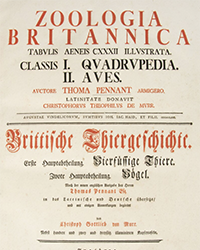
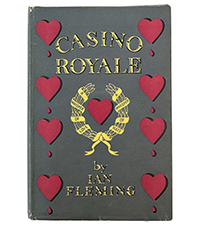
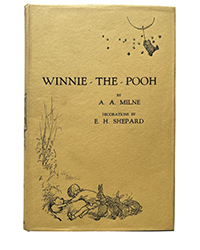
![<b>Sotheby’s:</b> Ernest Hemingway. <i>Three Stories And Ten Poems,</i> [Paris], (1923). First edition of Hemingway’s first published book. $75,000. Sotheby’s: Ernest Hemingway. Three Stories And Ten Poems, [Paris], (1923). First edition of Hemingway’s first published book. $75,000.](https://ae-files.s3.amazonaws.com/AdvertisementPhotos/acf970a0-a15d-4c79-aa24-5e8e414cb465.png)
